From a lot of free time in our hands to increase in inconvenience while carrying out daily activities, from resolving to act productively to increased social media consumption, from out of stock toiletries and sanitizers to reduced bandwidth, the current pandemic has led to some drastic lifestyle changes. While perhaps we should use this time productively and increase our skill-set, we can't deny that we won't ever get this long vacation in our lifetime (and probably for another 100 years) again. So our minds are trying to solve an enigma where our logic tells us to use our time productively while the lazy brain gives reasons about why we should make this horrifying pandemic into a longing vacation.
While some of us are being sedulous, most of us have become so lethargic that we find it difficult even to do the most quotidian tasks. We can't deny that this pandemic has led to an increase in our mobile phone or laptop usage and proliferated our social media consumption. Everyone nowadays is streaming and consuming a lot of content. Some of us are binging shows while some are on a movie spree. Depending on how fast your internet is or if you have a broadband connection - or wifi - it affects the spirit of the house. Even the most talkative are now being reticent and are falling down the spiral of anxiety, loneliness, and compulsiveness of doing something relaxing. So, we tend to go towards the things that give us instant gratification. We scroll through social media and watch videos on apps like YouTube and TikTok for hours at end. We have become nothing more than slaves to these apps and our mobile phones.
We have become lazy. Not to mention that we would've done much more productive work if it wasn't for this pandemic and this lockdown. Considering everything was normal, we still would've mindlessly scrolled on Instagram or Facebook. But wouldn't it be in a less amount of time than now? Imagine that we're not in lockdown. As a student, I would complete assignments and prepare for my exams. While the never-ending spree of social media and instant gratification will consume the rest of my time. Lockdown has reversed this. Social media and instant gratification apps consume most of my time. And I rarely do a task worth doing. If you think about it, we're lazier than we would've been if it wasn't for this pandemic.
But it's not your fault. Our limbic brains prefer safe things because they're developed in that way. Our evolutionary brain wants us to survive so we can continue the human race. That is how evolution works. It encourages us to do things that allow us to survive and breed. It rewards us when we do activities that it thinks increases the likelihood of survival. If we eat fatty or salty foods, we get dopamine; we get rewarded because the brain thinks we need calories for survival. We're also rewarded when we excel at a competition. Because we need to beat other species, and our tribe must survive. But what most people don't know is that anticipation of a reward releases dopamine and not the reward. Which means it is always pushing us to achieve more. Dopamine is a monoamine neurotransmitter and what that means is it's a chemical messenger that sends information from your nerve cells to other parts of the body. It all affects whether you do take action or whether you don't the things you do and how you do them. But industry experts and researchers have spent their whole lives figuring out how they can give us more dopamine through their product. They've hacked this craving loop so that we come back again and again, but we never get satisfied. There are even books written about how to get people hooked to a product. Why do you think Facebook has a like button? Why do you think notification badges are in the red background? Why do you think video games have a ranking system? It is because producers have spent millions of dollars figuring out what releases the most dopamine per minute. So, it isn't your fault that you're addicted to binge-watching stuff on YouTube or Netflix. Developers have designed these apps to make you come back again and again.
Our brain chooses the thing which gives it the most amount of dopamine. Imagine if you have to choose between a carrot and a piece of chocolate. It is so easy to choose chocolate because it feels good and because it gives more dopamine than the carrot. We come across such options throughout our lives. And researchers have engineered chocolates to make the carrot look even worse. We have Facebook, Instagram, and many other apps providing us with instant gratification. Now, the carrot looks even worse than it looked before. Even if we want to change, we still get caught up in the dopamine loop. It is simpler to consume content and learn how to be more productive than to be productive and do things we want to do.
We consume information every second of our lives. We are rarely alone with our thoughts. That's why it becomes essential to do a "Dopamine Detox", or in simple words, a cooldown from social media and everything else that gives you instant gratification. For a long time, people have talked about abstaining from instant gratification. Many have even gone as far as to not use social media for up to 30 days. It was a trend for a while, where every productivity YouTuber took up on this challenge. I borrowed the concept of "Dopamine Detox" from Andrew Kirby. A YouTuber who talks about anti-procrastination, productivity, and stoicism. His idea of detox intrigued me. I wanted to see for myself if these things work or not. Whether there will be a drastic change in me after doing this "hard reset". So… I tried it. I did a beginner dopamine detox, a hard reset of my mind, and refrained from any stuff that gave instant gratification.
The experience wasn't life-changing, but it was necessary. I even prepared for 1this hard reset the day before. I kept my phone uncharged and even watched "Zindagi Na Milegi Dobara" until my phone discharged at 11:45 PM. Then I used my mom's phone to complete the movie and slept at around 12:09 AM starting the 24-hour detox. The next day I woke up to the sonorous sound of "Gaadi wala aaya ghar se kachara nikal"(sarcasm. It is the sound which the garbage truck blasts out of its speakers). Then I slept again for about an hour. After waking up, I went upstairs for exercise, wanting to turn my phone on for continuing the exercise session I'm doing on "cure.fit" app. But I resisted the urge. I knew it would distract me from my original goal of dopamine detox. I knew it would lead to looking at notifications and responding to messages for at least half an hour. It was difficult to suppress the constant urge to turn on my phone and scroll through social media for the first few hours. But I kept pushing myself and continued through my day. I abstained from any activity which would lead to instant gratification. Somethings confused me. I didn't know whether I should do this thing or not. Then, I would ask myself one question. Does this activity give me instant gratification like watching a movie, scrolling through social media? or Does this activity give me delayed gratification like reading a book or sketching? This question made it simpler to choose which activities I could do during the hard reset period. My mind was trying to trick me to open my laptop. It tried to convince me by saying that we must continue that course or learn something new via the app we downloaded a few days before. But I knew those tricks and I knew that it would only lead to failure of this Dopamine Detox challenge.
The rest of my day consisted only of reading a book and solving a few GRE questions. To be honest, I thought with so much time in my hand I would complete two books. But to my surprise, it was difficult to concentrate on reading only one. At the end of the day, I read 200 pages of that book, solved 30 GRE verbal questions, learned a few new words, exercised twice, and didn't watch any kind of entertaining media at all.
To be honest, this was a great experience. It was different. I felt different.
Sometimes, when I realized how long 24 hours are and how much we can do in those 24 hours. Usually, throughout my day I often get bored. But, during this Dopamine Detox challenge, I did get bored but not as much as I would. To explain this in simple words: Do you have such situations, where you're doing stuff because you're bored and you still feel bored? For example, scrolling through Instagram and thinking how bored you are? I didn't feel that during the challenge. It bored me. But I hardly ever thought about how bored I am or why did I even take this challenge or even what can I do to make me less bored. I reclined on my couch and let the thoughts flow, which is the actual goal of this challenge. To spend some time with your thoughts, away from the never satisfying, endless loop of social media.
After going through this experience, I would recommend taking this challenge. If you're still here, reading this, I challenge you to do a "Dopamine Detox". And make sure you share your thoughts after you've completed the challenge. You can even join the sub-reddit r/DopamineDetoxing
and share your thoughts there. And let us not forget, this was the first step towards our goal of "Mental Momentum".
This article was originally published on Medium

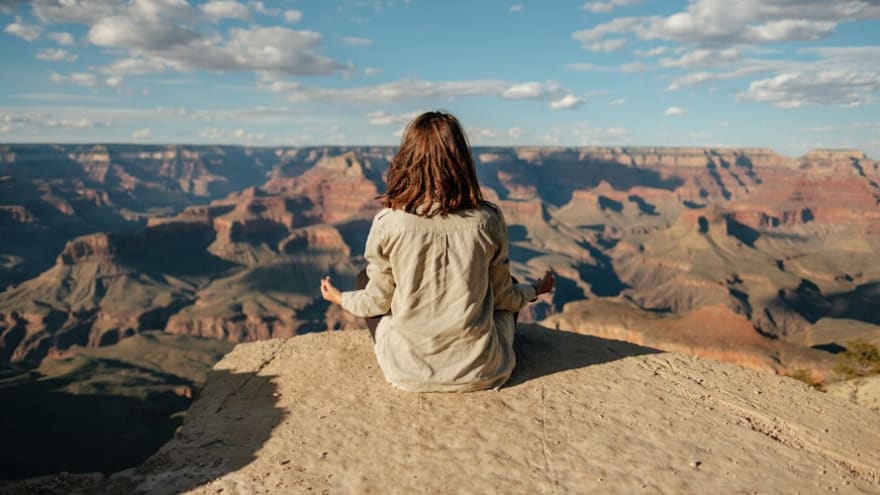
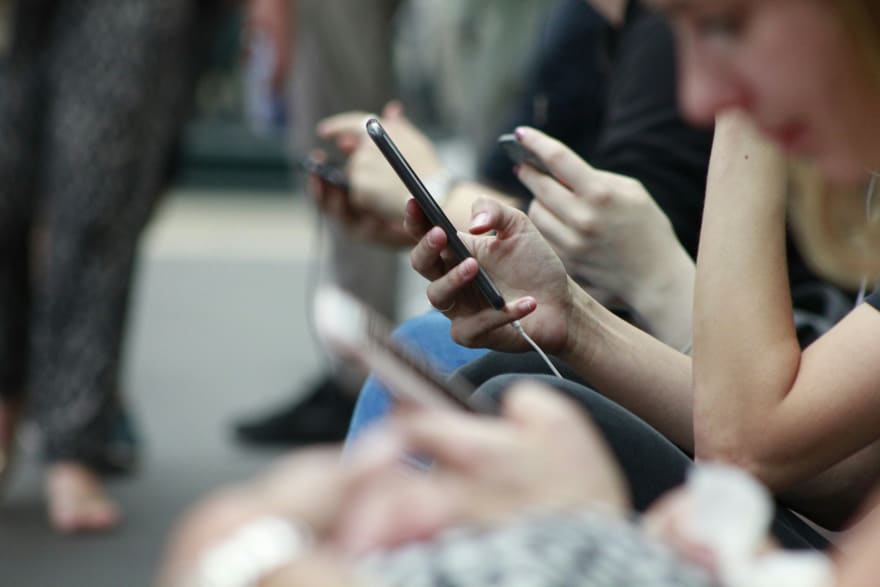
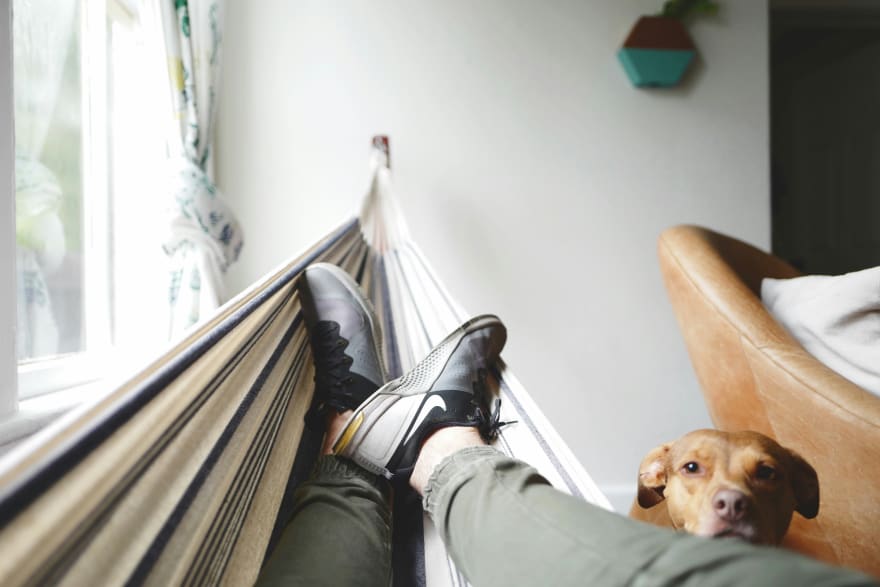
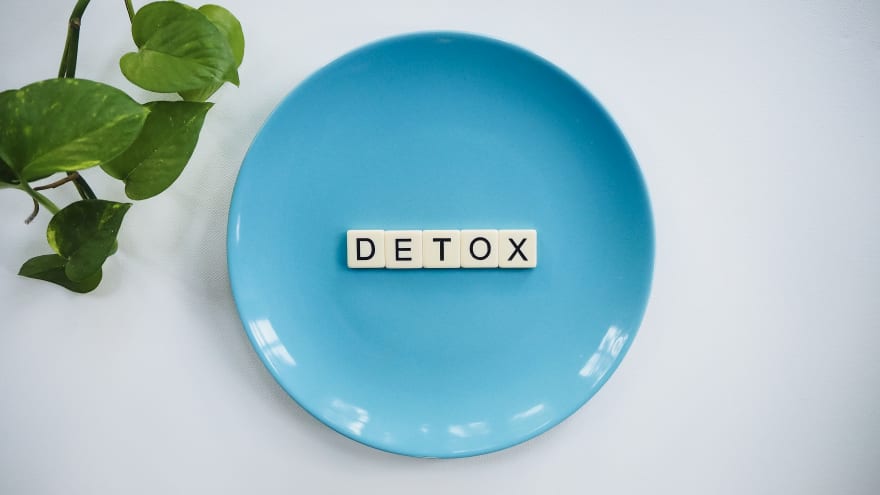
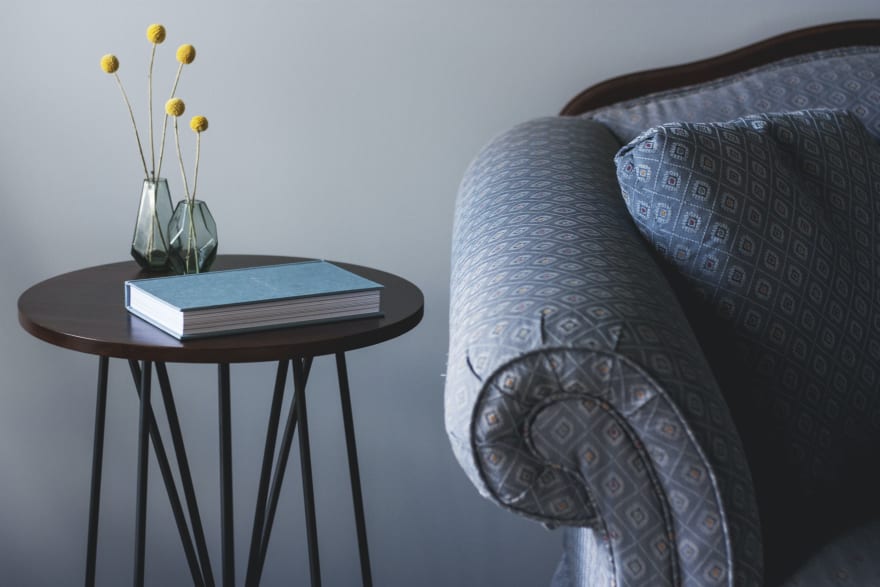






Top comments (0)